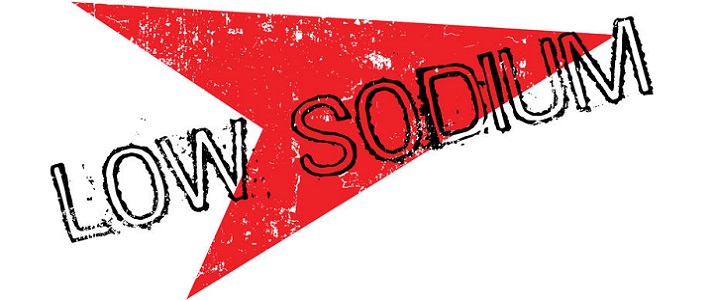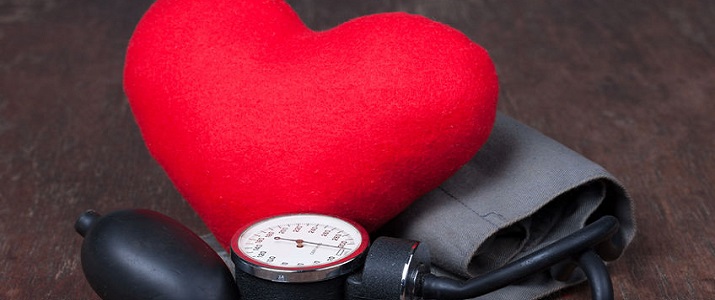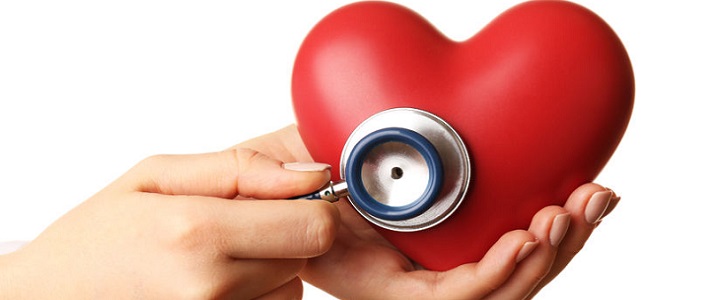Heart Failure & CoQ10
CoQ10, officially known as Coenzyme Q10, is a substance that resides in the mitochondria and is found in every cell of the body. Its primary functions are to produce energy and protect cells from oxidative stress. Studies have linked it to having the ability to treat cancer, cardiovascular health and cognitive function and headaches. However, recently a ten-year study has conclusively found that CoQ10 can significantly improve the chances of survival for even the most severe heart failure patients. The study found that supplementing with CoQ10 can restore CoQ10 levels in patients with a deficiency which can extend lifespan and increase the quality of life. This article is going to take an in-depth look at this study to learn more about how CoQ10 can benefit patients of heart failure.
How Does CoQ10 Benefit Heart Failure Patients?
A common misconception about heart failure is that it is oftentimes mistaken to mean when a heart stops beating. Rather, heart failure is categorized as when a heart is not able to pump enough blood to sustain normal function in your organs. Your heart is always working and in order to maintain this task, your mitochondria has to efficiently produce energy. CoQ10 is necessary for the heart to maintain enough energy management. When levels of CoQ10 decline, tissues are unable to efficiently burn fuel which leads to oxidative damage and the ultimate loss of their function. When heart muscles lose fuel efficiency heart failure can occur.
Research Shows Great Results
The results of the ten year study showed that patients who took 100 mg of CoQ10, three times a day were found to have significantly reduced the risk of dying from heart failure, were less than half likely to die from any cause and were half as likely to have a major adverse cardiac event during the study period. After a trial time of only three months of supplementing with CoQ10, researchers found reduced levels of a blood marker of heart failure severity that comes from overworked heart muscles. At the two-year mark, research found that patients had improved measurements of heart function that those who took a placebo.
The study’s main endpoint measurement was the biggest market of the study’s success in determining the benefits of CoQ10 for patients with heart failure. The study found that only fourteen percent of patients in the group that supplemented with CoQ10 had to be hospitalized for worsened heart failure, died from a cardiovascular cause, needed an urgent heart transplant or artificial heart support. Meanwhile, twenty five percent of the patients in the placebo group experienced a major cardiac event. This comes out to those in the placebo group had twice the risk of a major cardiac event as opposed to those taking a CoQ10 supplement.
What Are The Mechanisms Of COQ10?
The mitochondria steadily pumps out a supply of energy that comes from the food you eat. In order to help maintain its efficiency healthy levels of CoQ10 must be maintained. Talk to your doctor about beginning a supplementation regimen of CoQ10 in order to decrease your chances of experiencing a subsequent major cardiac event.

 Subscribe Now
Subscribe Now





